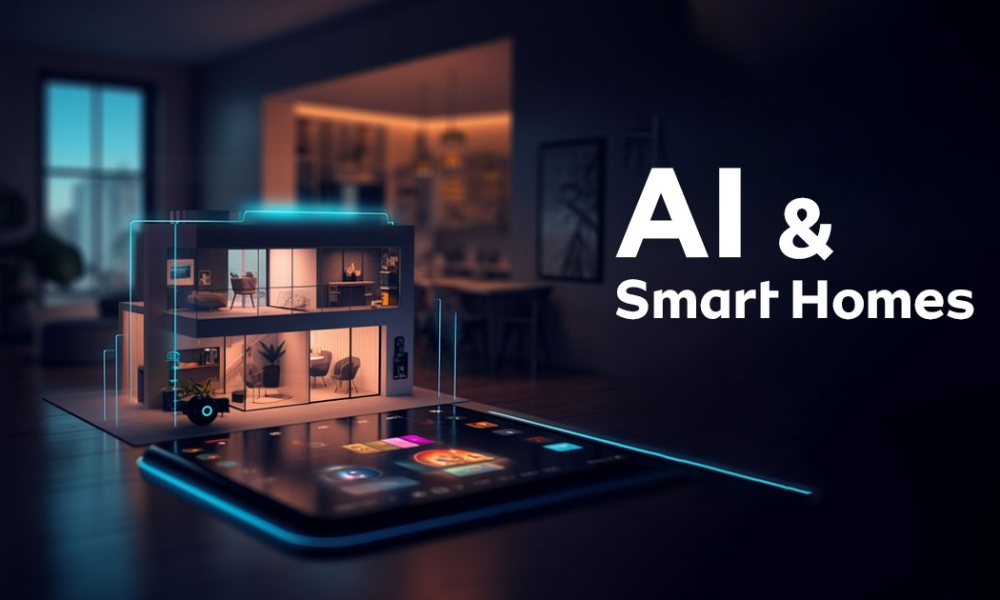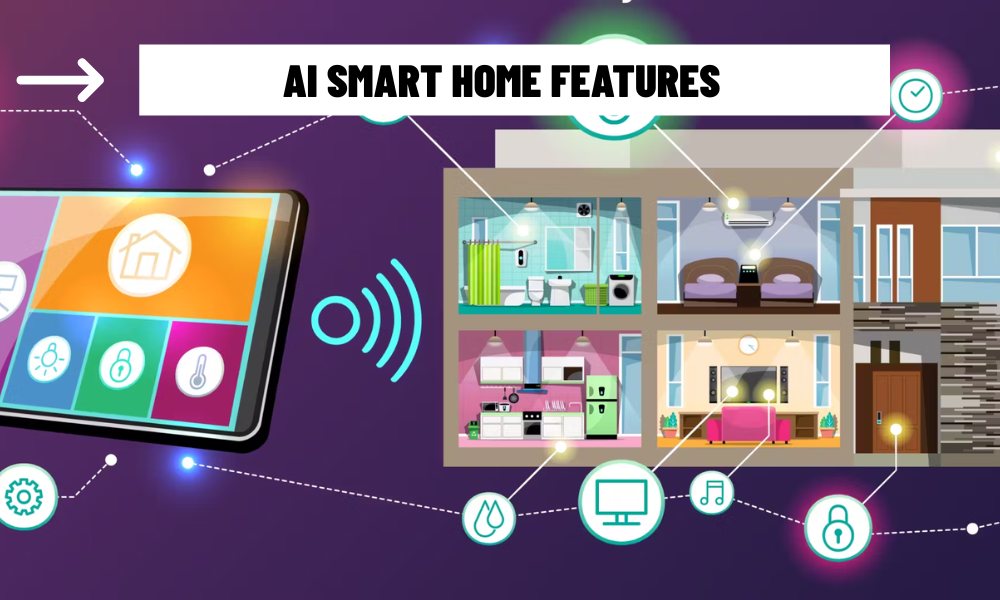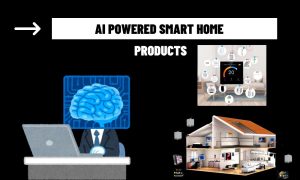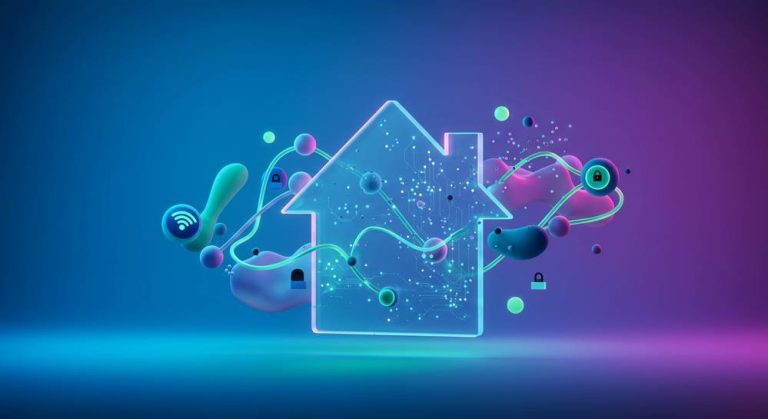The Backbone of Smart Home Innovation
In 2025, AI smart home features are driving a technological renaissance, transforming homes into dynamic systems that optimize efficiency and security. Powered by artificial intelligence, these features leverage advanced algorithms and real-time data to deliver precise, adaptive solutions. From energy management to proactive surveillance, AI smart home features represent the pinnacle of home automation, offering homeowners unparalleled control and sustainability.
The Mechanics of AI Intelligence
The strength of AI smart home features lies in their ability to process complex data and act with precision. By analyzing inputs from sensors, user interactions, and external factors like energy tariffs, AI creates a responsive home environment. For example, a climate control system might adjust temperatures based on occupancy and weather forecasts, ensuring efficiency without manual oversight. This data-driven approach allows AI smart home features to evolve, refining their performance to align with user needs.

Energy optimization is a critical component. AI smart home features monitor consumption patterns to make strategic decisions, such as dimming lights in unused spaces or scheduling appliances for low-cost energy periods. By integrating with renewable sources like solar panels, these systems prioritize clean power, reducing reliance on traditional grids. This technical precision delivers measurable savings while advancing environmental goals.
Fortifying Security and Streamlining Tasks
Security is redefined by AI smart home features, which employ sophisticated analytics to enhance protection. Real-time processing enables cameras and doorbells to identify anomalies, such as unrecognized activity, and deliver targeted notifications. This minimizes false alerts, ensuring homeowners can trust their system to focus on what matters. Remote access further strengthens security, allowing oversight from anywhere in the world.
Task automation is another triumph of AI smart home features. Centralized control through apps or voice assistants enables seamless management of devices, from lighting to kitchen appliances. AI coordinates these elements to execute complex scenarios, such as preparing your home for a movie night with adjusted lighting and sound. This technical orchestration simplifies life, making efficiency a natural part of the home experience.

The Horizon of AI Innovation
The future of AI smart home features is rich with possibility. Advances in AI will enable proactive functionalities, such as predictive maintenance or environmental adjustments for health optimization. Unified connectivity standards will eliminate device silos, while robust security protocols will protect user data. These developments will cement AI smart home features as the foundation of next-generation homes.
Implementing AI Smart Features
Building a home with AI smart home features starts with selecting a scalable platform to integrate devices. Focus on features that address key needs, such as energy savings or security, and expand strategically. Implementing strong network security, like encrypted connections, ensures your system remains reliable and protected.
AI smart home features are engineering a new standard for home intelligence, delivering precision, efficiency, and security. By harnessing AI’s analytical power, these features create homes that are sustainable and responsive. In 2025, adopting AI smart home features is the gateway to a technologically advanced, future-ready home.














